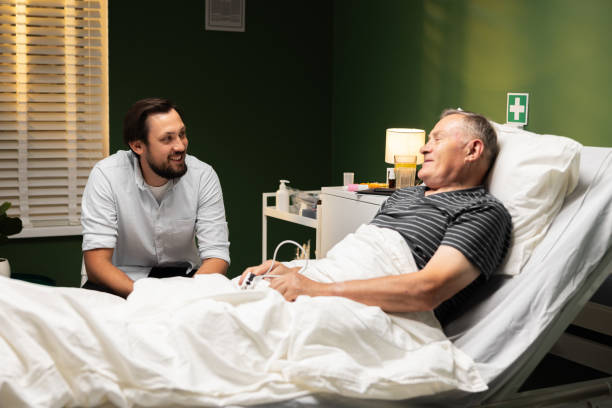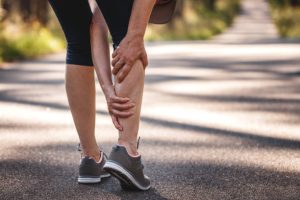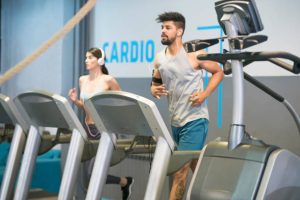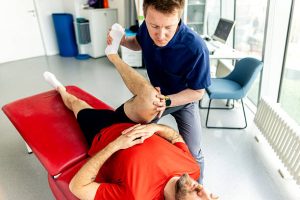When you’re recovering from an injury or managing pain through physical therapy, it’s easy to focus solely on the exercises and manual treatments. But at Allegiance Physical Therapy, we know that true recovery goes far beyond what happens in the clinic. Your nutrition, sleep, and daily movement habits all play crucial roles in helping your body heal efficiently and effectively.
These three pillars—what you eat, how you rest, and how you move—work together to support your recovery journey. Let’s explore how each one impacts your healing process and what you can do to give your body the best chance to bounce back stronger.
Nutrition: Fueling Your Body’s Healing Engine
You’ve probably heard the phrase, “You are what you eat.” When it comes to recovery, this couldn’t be more true. Proper nutrition provides the building blocks your body needs to repair damaged tissues, reduce inflammation, and maintain energy levels.
Proteins are especially important—they’re like the bricks that rebuild muscle fibers and connective tissue. Vitamins and minerals, such as Vitamin C, zinc, and magnesium, help support your immune system and reduce oxidative stress. Healthy fats, like omega-3s found in fish and flaxseed, have powerful anti-inflammatory effects that can ease pain and swelling.
On the flip side, diets high in processed foods, sugar, and unhealthy fats can slow down healing and increase inflammation. Staying hydrated is also key—water helps transport nutrients to your cells and flush out toxins.
If you’re unsure about your diet, consider working with a nutritionist who can tailor advice to your recovery needs. Small changes like adding more colorful vegetables, lean proteins, and whole grains can make a big difference in how you feel and heal.
Sleep: Your Body’s Natural Repair Mode
Sleep is when your body shifts into repair mode. During deep sleep, your brain releases growth hormones that help regenerate tissue and build new cells. Lack of quality sleep can delay this process, increase pain sensitivity, and reduce your energy for therapy sessions.
If you’re dealing with pain or discomfort, falling and staying asleep might be a challenge. Creating a sleep-friendly environment—cool, dark, and quiet—can improve rest. Avoiding screens before bed, sticking to a consistent sleep schedule, and practicing relaxation techniques can also promote deeper, more restorative sleep.
Remember, it’s not just about how many hours you sleep but the quality of that sleep. Prioritizing good sleep hygiene is a vital step in supporting your body’s natural ability to heal.
Movement: The Key to Regaining Strength and Flexibility
While rest is essential, movement is equally important for recovery. Physical therapy isn’t just about pushing through pain—it’s about moving wisely to rebuild strength, improve flexibility, and restore function.
Gentle, controlled movements stimulate blood flow, which delivers oxygen and nutrients to injured tissues. Movement also helps prevent stiffness, reduce scar tissue buildup, and maintain joint mobility.
Your physical therapist will design a personalized program that balances activity and rest, ensuring you don’t overdo it while still encouraging progress. Even simple daily activities, like walking or gentle stretching, contribute to your recovery by keeping your body engaged and responsive.
Bringing It All Together
Recovery is a team effort between you, your therapist, and your lifestyle choices. When nutrition, sleep, and movement work in harmony, your body can heal faster and more completely. Ignoring any one of these elements can slow progress and increase frustration.
At Allegiance Physical Therapy, we take a holistic approach, helping you understand how these pieces fit together. We don’t just treat your symptoms—we guide you in creating healthy habits that support lasting wellness. So, as you continue your therapy journey, remember: fueling your body with good nutrition, resting well, and moving mindfully are just as important as the exercises you do in the clinic. Together, these habits set the stage for a stronger, healthier you







